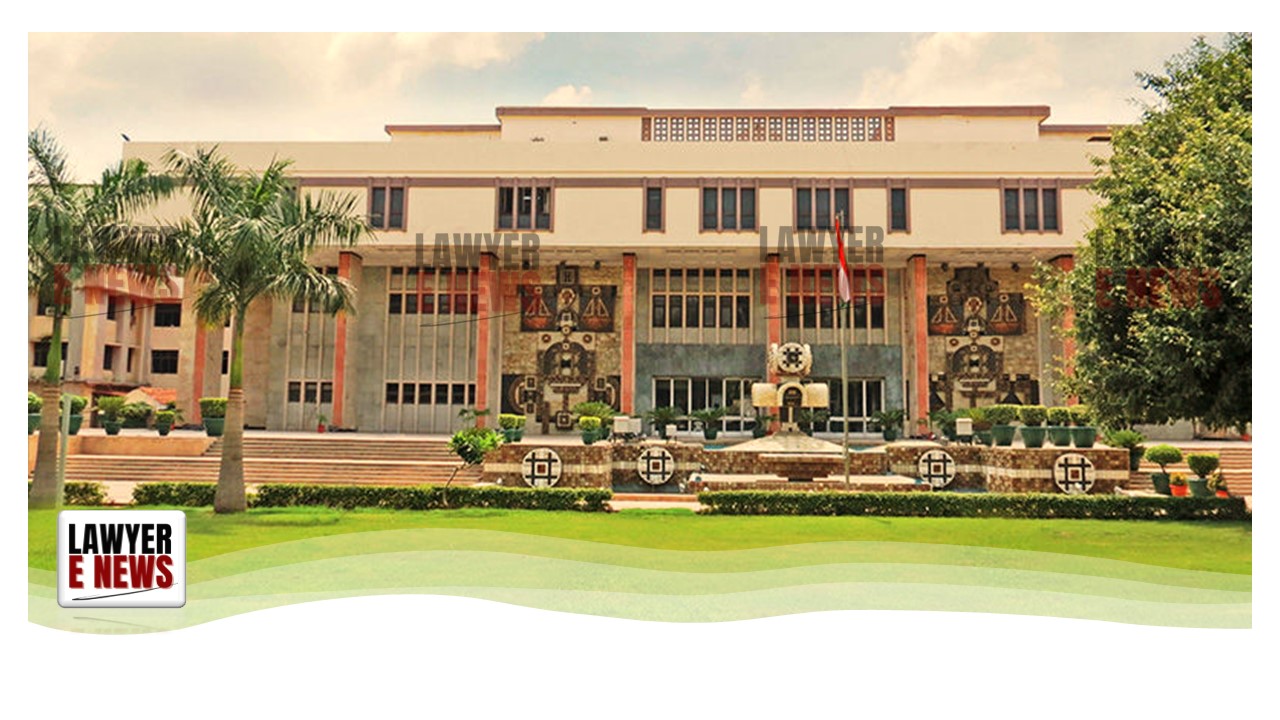-
by sayum
14 February 2026 2:22 PM



In a significant ruling, the Delhi High Court has issued an interim injunction restraining Al-Hamd Tradenation from using Phonographic Performance Limited’s (PPL) copyrighted sound recordings without appropriate licensing. The court’s order underscores the necessity to protect intellectual property rights, emphasizing the need for due diligence and compliance in the commercial exploitation of copyrighted works.
Phonographic Performance Limited (PPL) filed a suit against Al-Hamd Tradenation, alleging imminent copyright infringement. The plaintiff owns the public performance rights for a repertoire of sound recordings assigned by various music labels. The defendant planned an event at the “Lutyens” restaurant on Mehrauli Gurgaon Road, New Delhi, where PPL’s sound recordings were likely to be used without proper licensing. PPL sought an injunction to prevent this unauthorized use.
The court emphasized the legitimacy of PPL’s claims based on the assignment deeds executed under Section 18 of the Copyright Act, 1957, granting PPL public performance and broadcasting rights. Justice Mini Pushkarna highlighted that PPL’s rights were publicly accessible via their website, providing clear notice to potential users.
Addressing the defendant’s attempt to secure a discounted license fee, the court noted that the defendant was aware of the licensing requirements but sought to bypass standard procedures. The court remarked, “In cases of public performance of copyrighted sound recordings, compliance with the Copyright Act’s provisions is mandatory. Any attempt to circumvent these requirements undermines the legal protections afforded to copyright holders.”
The court reiterated the principles of copyright protection, stating that unauthorized use of copyrighted material constitutes infringement under Section 51(a)(i) of the Copyright Act, 1957. It further noted that the defendant’s proposal to deposit the license fee in court and obtain a compulsory license was not tenable under the present circumstances.
Justice Mini Pushkarna remarked, “Considering the imminent threat of copyright infringement, the court must protect the rights of the copyright holder. The balance of convenience lies in favor of the plaintiff, and any unauthorized use would result in irreparable damage to their interests.”
The Delhi High Court’s interim injunction against Al-Hamd Tradenation reinforces the stringent enforcement of copyright laws in India. By affirming the need for proper licensing and compliance, the judgment sends a clear message to event organizers and businesses about the legal ramifications of unauthorized use of copyrighted works. The case, set for further proceedings, will likely influence future disputes regarding intellectual property rights in the realm of public performances.
Date of Decision: July 12, 2024
